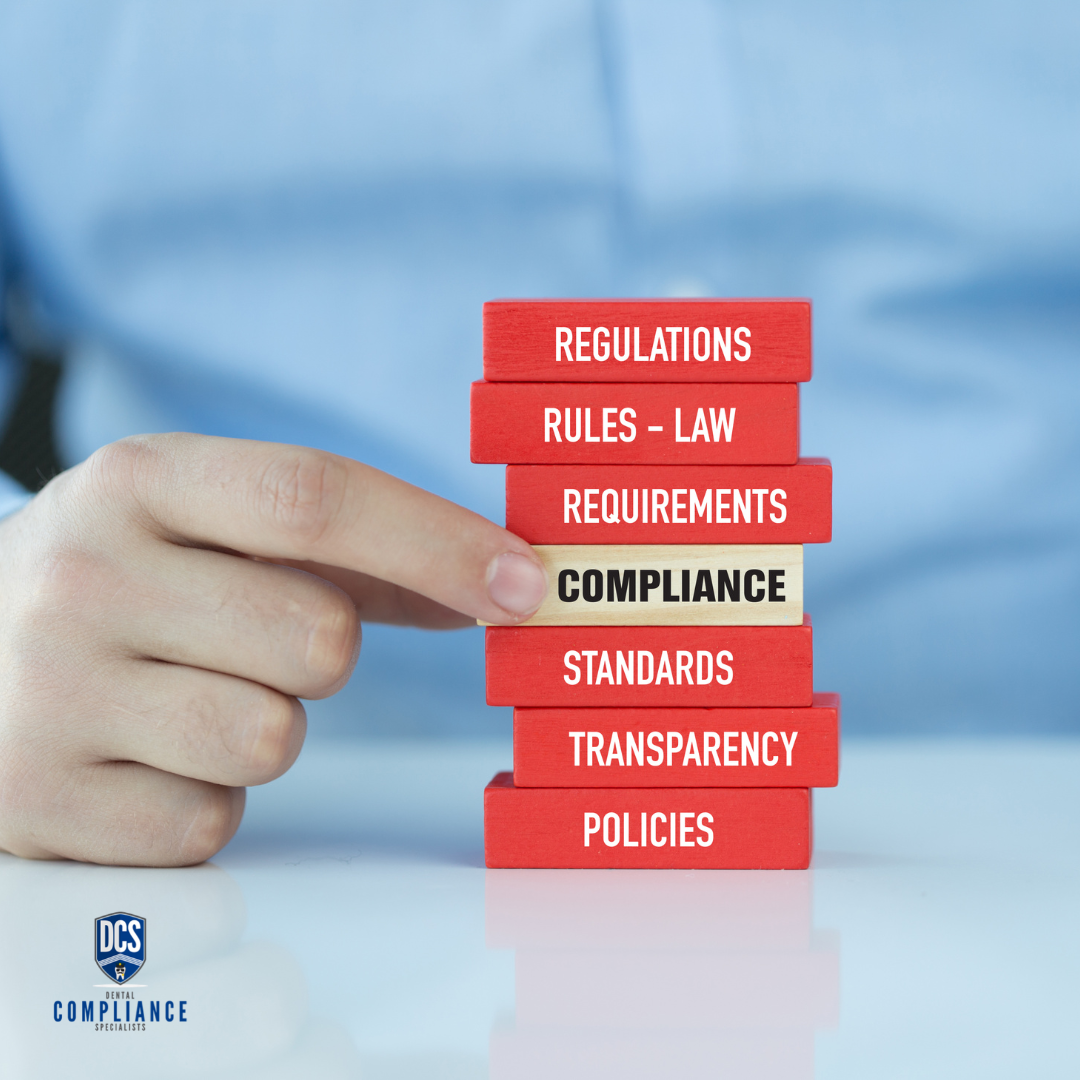November 8, 2024
Transparency in corporate ownership has become a cornerstone of global efforts to combat financial crimes such as money laundering, tax evasion, and terrorist financing. The Beneficial Ownership Information (BOI) requirements are at the forefront of these efforts, mandating organizations to disclose information about individuals who ultimately own or control them. This blog post aims to demystify the BOI requirements, outline the necessary compliance tasks, detail the resources you'll need, and highlight critical timelines to ensure your organization stays on the right side of the law.
What is Beneficial Ownership Information?
Beneficial Ownership refers to the individuals who ultimately own or control a company, even if the company's legal ownership is in another name. These are the people who enjoy the benefits of ownership, even if the title is in someone else's name.
Collecting and reporting BOI is crucial for governments and regulatory bodies to:
- Prevent Financial Crimes: By identifying the real individuals behind corporate entities, authorities can better detect and prevent illicit activities.
- Enhance Transparency: Transparency fosters trust in the financial system and promotes fair business practices.
- Comply with International Standards: Many countries are aligning with global standards set by organizations like the Financial Action Task Force (FATF).
Overview of the Beneficial Ownership Information Requirements
Legal Background
In response to the increasing need for transparency, many jurisdictions have enacted laws requiring the disclosure of BOI. In the United States, the Corporate Transparency Act (CTA) was a significant legislative move in this direction, requiring certain companies to report their beneficial owners to the Financial Crimes Enforcement Network (FinCEN).
Who is Required to Report?
Under the CTA, reporting companies include:
- Domestic Companies: Corporations, limited liability companies (LLCs), and other similar entities created by filing a document with a Secretary of State or similar office.
- Foreign Companies: Entities formed under foreign law and registered to do business in the U.S.
Exemptions
Certain entities are exempt from reporting, such as:
- Publicly traded companies.
- Banks and credit unions.
- Investment companies and advisors.
- Insurance companies.
- Public accounting firms.
- Certain tax-exempt entities.
What Information Needs to Be Reported?
For each beneficial owner and company applicant, the reporting company must provide:
- Full Legal Name
- Date of Birth
- Current Residential or Business Street Address
- Unique Identifying Number: From an acceptable identification document (e.g., passport, driver's license) and the image of that document.
Compliance Tasks
1. Identify Beneficial Owners
- Determine Ownership Structure: Map out your company's ownership to identify individuals who, directly or indirectly, own or control 25% or more of the company or exercise substantial control.
2. Collect Required Information
- Gather Personal Details: Collect the full name, date of birth, address, and identification documents of each beneficial owner.
- Ensure Accuracy: Verify the information against official documents.
3. Verify and Document
- Maintain Records: Keep copies of identification documents and a record of how each beneficial owner was identified.
- Secure Storage: Ensure that all information is stored securely to protect personal data.
4. Prepare and Submit Reports
- File with FinCEN: Use the designated electronic filing system to submit BOI reports.
- Initial Report: Submit the initial report by the deadline specified.
5. Update Information as Necessary
- Monitor Changes: Stay alert to any changes in beneficial ownership or company information.
- Timely Updates: Submit updated reports within 30 days of any change.
Necessary Resources
Personnel
- Compliance Officer: Assign or hire a dedicated compliance officer to oversee BOI reporting.
- Legal Counsel: Consult with legal professionals to understand obligations and interpret complex ownership structures.
- Training Staff: Provide training to employees involved in compliance tasks.
Systems and Tools
- Data Management Systems: Implement software to manage and secure BOI data efficiently.
- Compliance Checklists: Develop checklists to ensure all tasks are completed.
Budget Considerations
- Allocate Funds: Budget for personnel, training, legal advice, and systems required for compliance.
Timelines
Initial Reporting Deadlines
- Existing Companies: Companies created before January 1, 2024, must file their initial BOI reports by January 1, 2025.
- New Companies: Companies created or registered on or after January 1, 2024, must file within 30 days of formation or registration.
Ongoing Reporting Requirements
- Updates: Any changes to the reported information must be updated within 30 days.
- Annual Reviews: Conduct annual reviews to ensure all information remains current.
Penalties for Non-Compliance
- Civil Penalties: Fines up to $500 per day until the violation is corrected.
- Criminal Penalties: Possible criminal charges, including fines up to $10,000 and imprisonment for up to two years.
Best Practices for Compliance
Establish Internal Policies and Procedures
- Develop a Compliance Program: Create a written policy outlining steps for BOI compliance.
- Assign Responsibilities: Clearly define roles and responsibilities within your organization.
Regular Audits and Reviews
- Conduct Internal Audits: Regularly review compliance processes and records.
- External Audits: Consider third-party audits for an unbiased assessment.
Stay Updated on Regulatory Changes
- Monitor Regulatory Updates: Stay informed about any changes in BOI requirements.
- Join Industry Groups: Participate in industry associations that provide updates and resources.
Conclusion
Compliance with Beneficial Ownership Information requirements is not just a legal obligation but also a commitment to corporate transparency and ethical business practices. By understanding the requirements, dedicating the necessary resources, and adhering to critical timelines, your organization can navigate these regulations effectively. Proactive compliance not only avoids penalties but also enhances your company's reputation in the global marketplace.
Take Action Today: Review your company's ownership structure, consult with legal professionals, and start preparing for your BOI reporting obligations to ensure a seamless compliance journey.
Useful Links:


